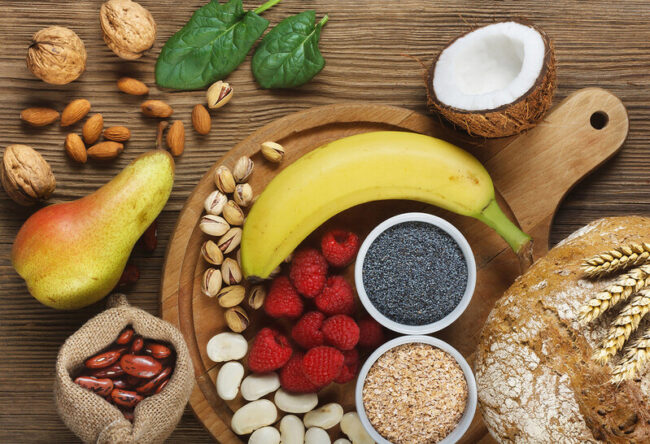Being active with your kids while practicing social distancing
By Helaine Krasner MS, RDN, CDN and Erin Caraher RDN, CDN Physical activity is important for people of all ages, but especially for children. It promotes growth and development, strong bones and muscles, endurance and helps them maintain a healthy weight.










